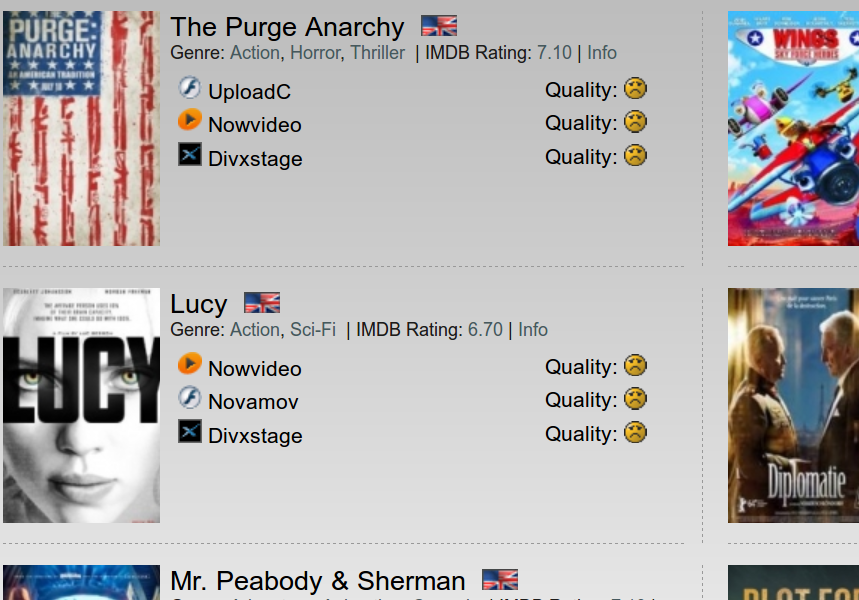“All copying forbidden”, “downloading is killing the entertainment industry”, “up to 30 years jail time and $100.000.000 in fines”… gee, what haven’t we all heard about the evils of torrents, downloading and the Internet in general and all the horrible things happening to people who do more than just surf the web for baseball game results and use Facebook to share cat content with their pals (warning: flirting and chatting with the girl next door is a very gray area too).
In regard to accessing media online, the web is riddled with false claims. Feeling unsure about what you’re allowed to do and what not? We are here to debunk the myths and set you straight.
The general rule: Use of technology is legal, accessing unlicensed copyrighted media is often not.
Downloading / Sharing Copyrighted Content Without Permission With Torrents Or Other Filesharing Programs: Not Allowed in Most Jurisdictions
![]() Take, for example, torrents. They are based on BitTorrent, a filesharing protocol invented to quickly distribute data between users while releasing load and bandwidth consumption from the central downloading server, and often getting completely rid of it.
Take, for example, torrents. They are based on BitTorrent, a filesharing protocol invented to quickly distribute data between users while releasing load and bandwidth consumption from the central downloading server, and often getting completely rid of it.
The concept: Instead of straight downloading from a server, users exchange little bits of the files they download and transfer them between each other. Of course this kind of technology is completely legal and even used by a number of large companies.
Ever downloaded Linux or updated your World of Warcraft client? Chances are you used the BitTorrent network for that. It is a great way of saving on expensive server farms, thus creating more profits for global enterprises and the open source community alike.
However what people mean when they ask if “torrents are legal” is if downloading copyrighted content via The Pirate Bay and similar torrent sites is legal, and the answer is easy: It is most certainly not in a lot of jurisdictions. Worse even: Filesharing protocols, by design, not only let you download files but, at the same time, turn you into a distributor for those same files, which allows copyright trolls to dramatically increase the fine they can ask from you.
Downloading Copyrighted Stuff From Sharehosters: Also Not Allowed in A Lot Of Places
 All in all, the same goes for pure downloading from sharehosters or some other source; however, since in this case you’re not uploading anything to other users, catching people is much more difficult. Some jurisdictions actually allow pure downloading, although their number is getting smaller and smaller.
All in all, the same goes for pure downloading from sharehosters or some other source; however, since in this case you’re not uploading anything to other users, catching people is much more difficult. Some jurisdictions actually allow pure downloading, although their number is getting smaller and smaller.
Watching Movie Streams: Gray Area, Some Argue It Might Not Be Illegal
 As for streaming, the situation is a little more complicated, and often depends on small technicalities. Is watching a stream a download? Is your browser saving a copy of the movie or piece of music while you watch it, is this copy saved to your RAM or your hard drive, and is it obvious this could be forbidden by law?
As for streaming, the situation is a little more complicated, and often depends on small technicalities. Is watching a stream a download? Is your browser saving a copy of the movie or piece of music while you watch it, is this copy saved to your RAM or your hard drive, and is it obvious this could be forbidden by law?
The situation here reminds us strongly of how things were with filesharing about 10 years ago, when no one was sure if this increasingly popular activity was legal or illegal. Little did it matter to users when the industry began suing, relying on scare tactics, threats and the use of sleazy lawyers to make people pay.
So proceed with caution, and protect your privacy as good as possible, no matter what you do. Remember: Taking steps to reclaim your privacy is not a crime, but common sense for anybody who supports democracy and a free society!



